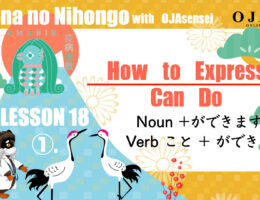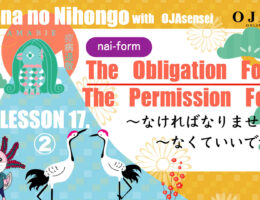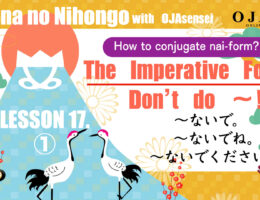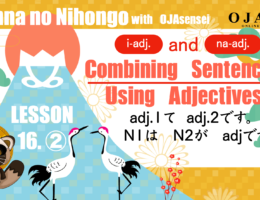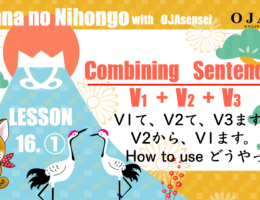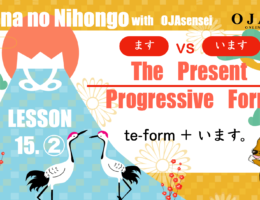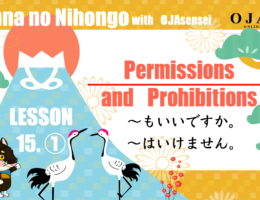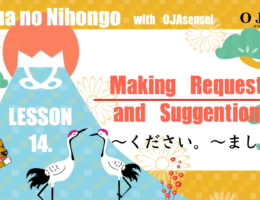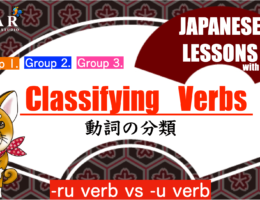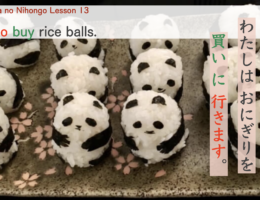グラフィックデザイナー兼ライター
菓子業界での経験を持ち、5年間塾講師および英会話講師として活動。
講師時代は、小学生から高校生までの個別教室責任者として教室運営に従事。
フランス人と国際結婚後、フリーランスへ転身し、現在はイラストのデザイン業に従事。
趣味:
イラスト: 動物や背景画が中心。オンラインコースで学習中。ポケモンが大好き。
音楽: ピアノ演奏と作曲。
読書: 科学、歴史、自己啓発書など幅広いジャンルへの興味関心。
Graphic Designer and Writer
- Holds experience in the confectionery industry and worked as a tutor, teaching English and other subjects for five years.
- Acted as an individual classroom manager responsible for students ranging from elementary to high school during the tutoring period.
- Transitioned to freelancing after an international marriage to a French national and currently engaged in the field of illustration design.
Hobbies:
- Illustration: Primarily focused on creating artwork featuring animals and background scenery. Currently undertaking online courses for further skill enhancement. Enjoys a particular fondness for Pokémon.
- Music: Enjoys playing the piano and composing music.
- Reading: Exhibits a broad interest across various genres including science, history, and self-improvement literature.
